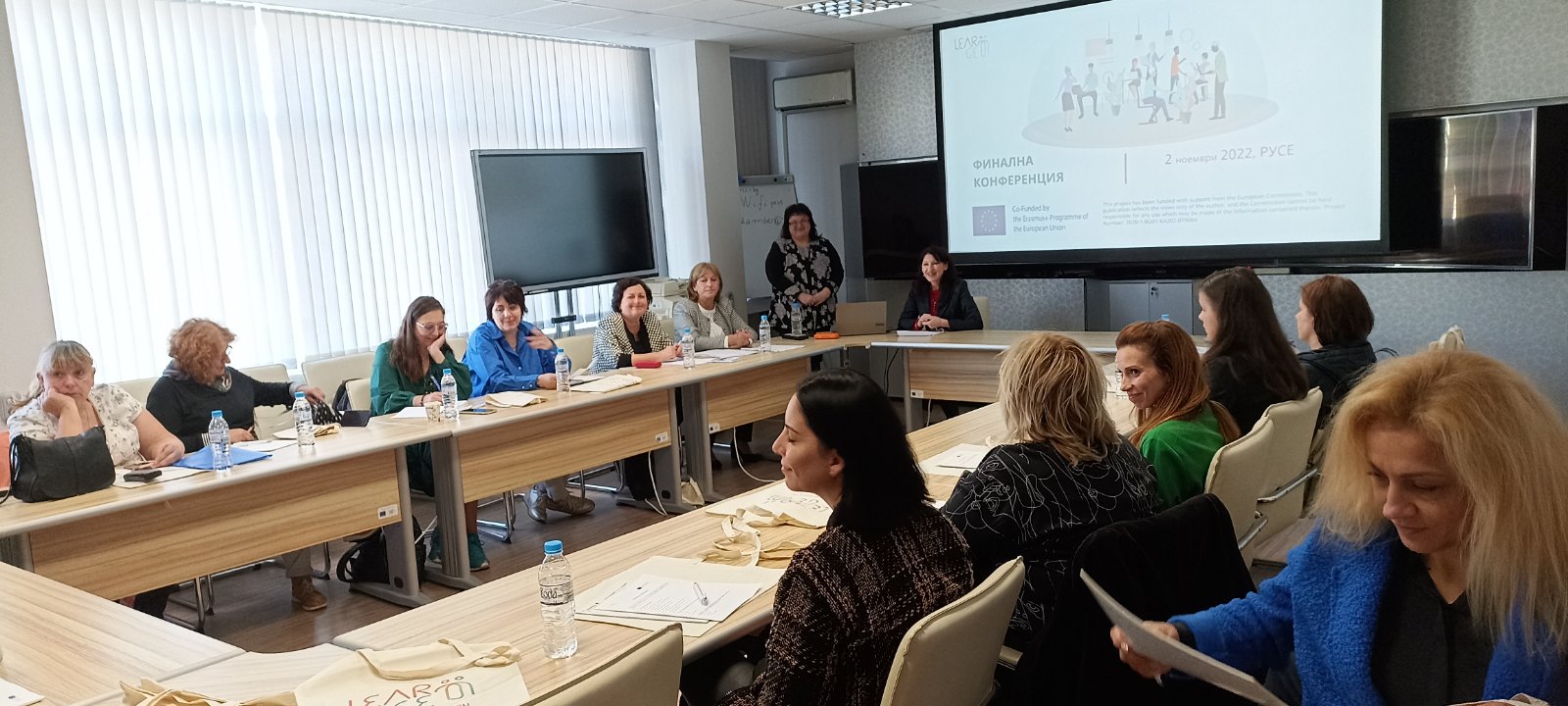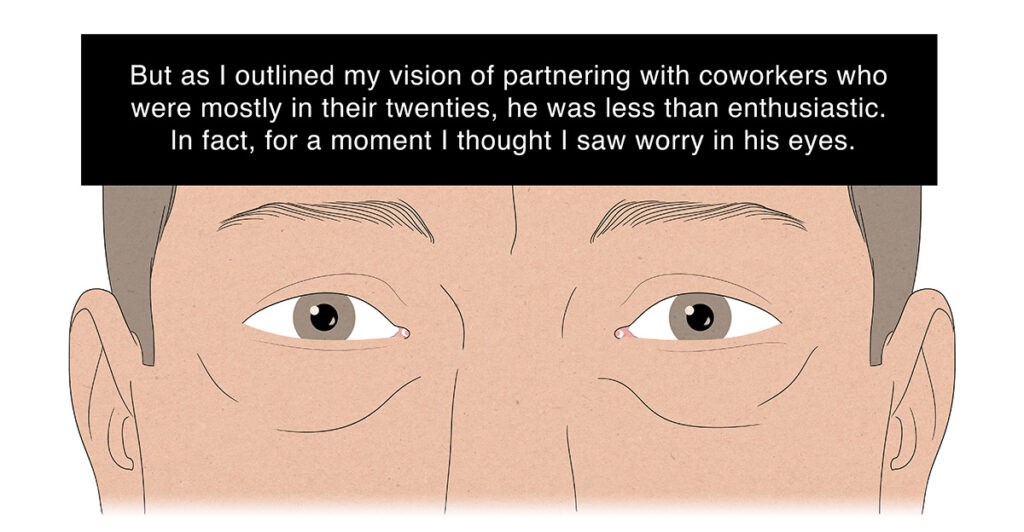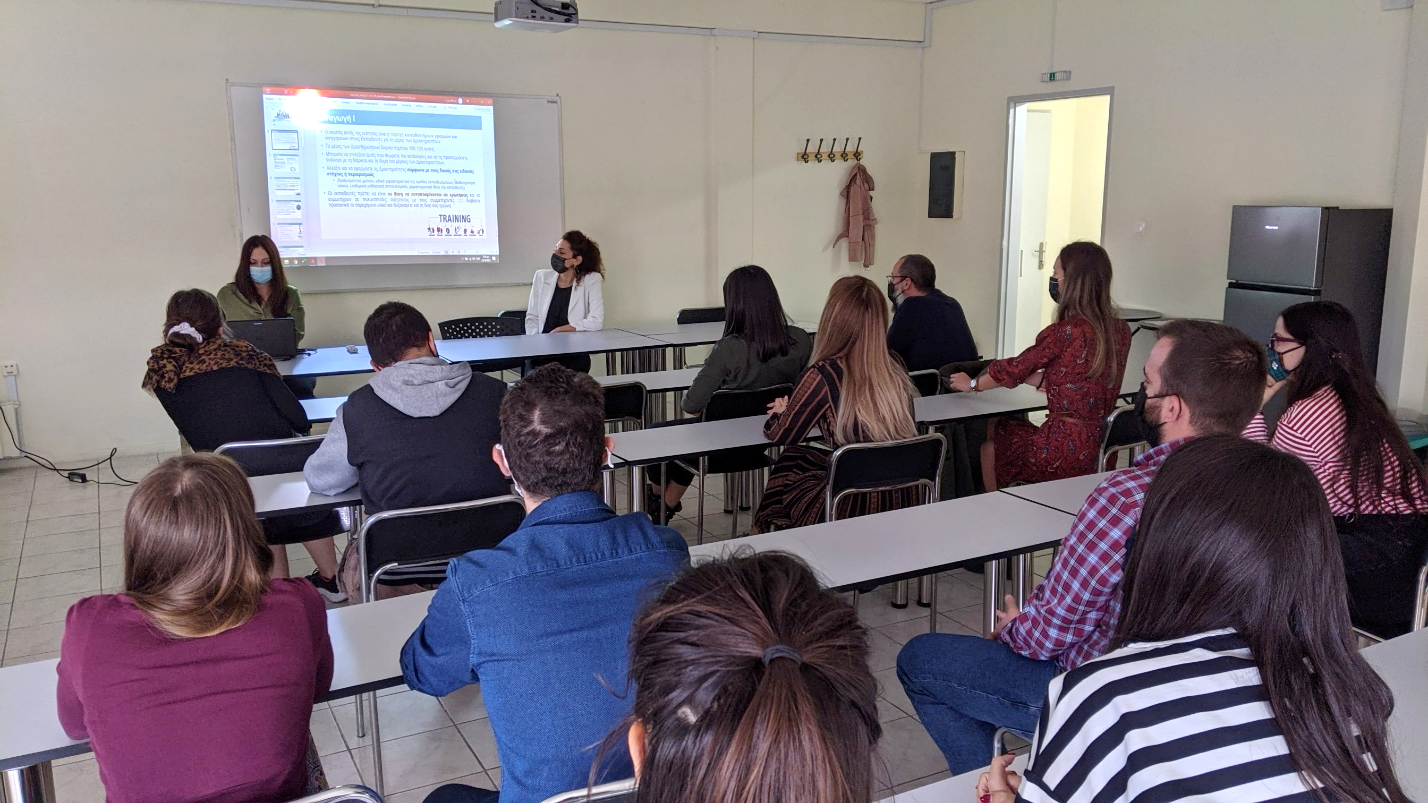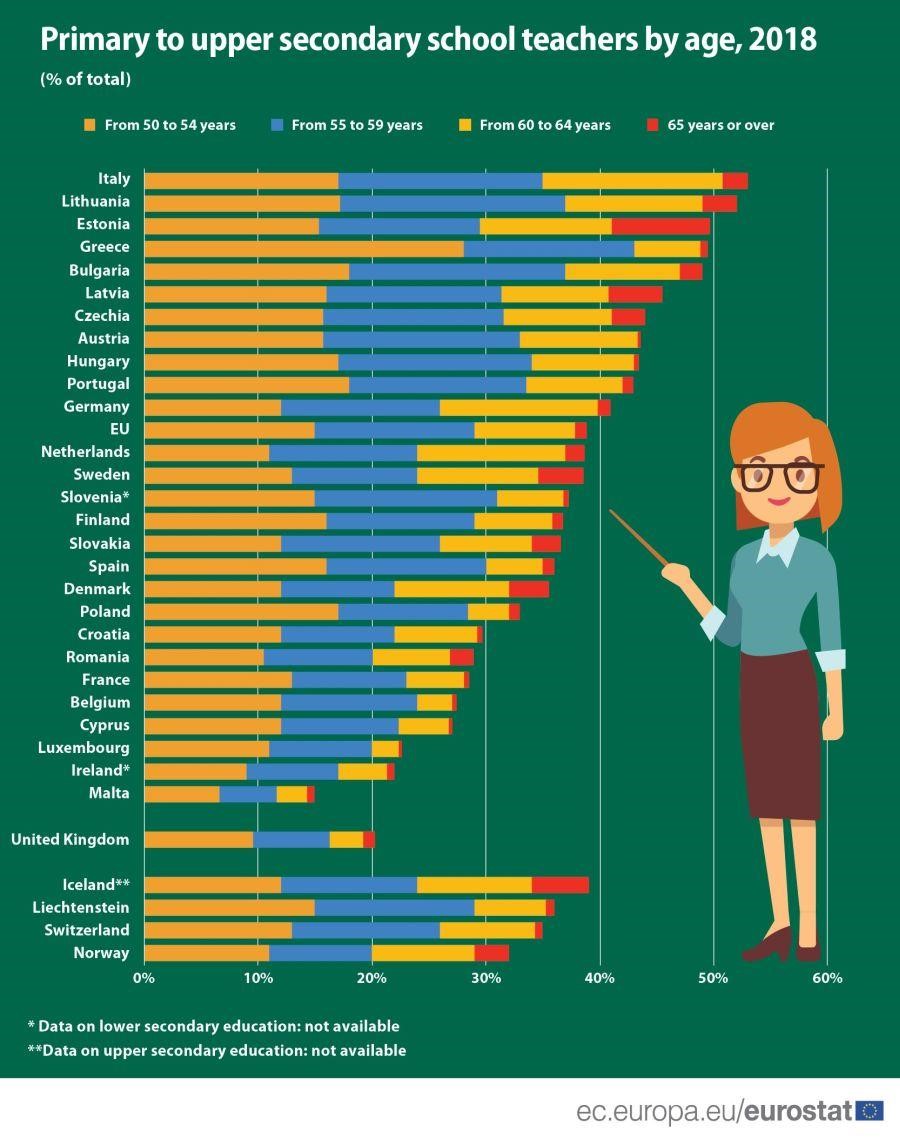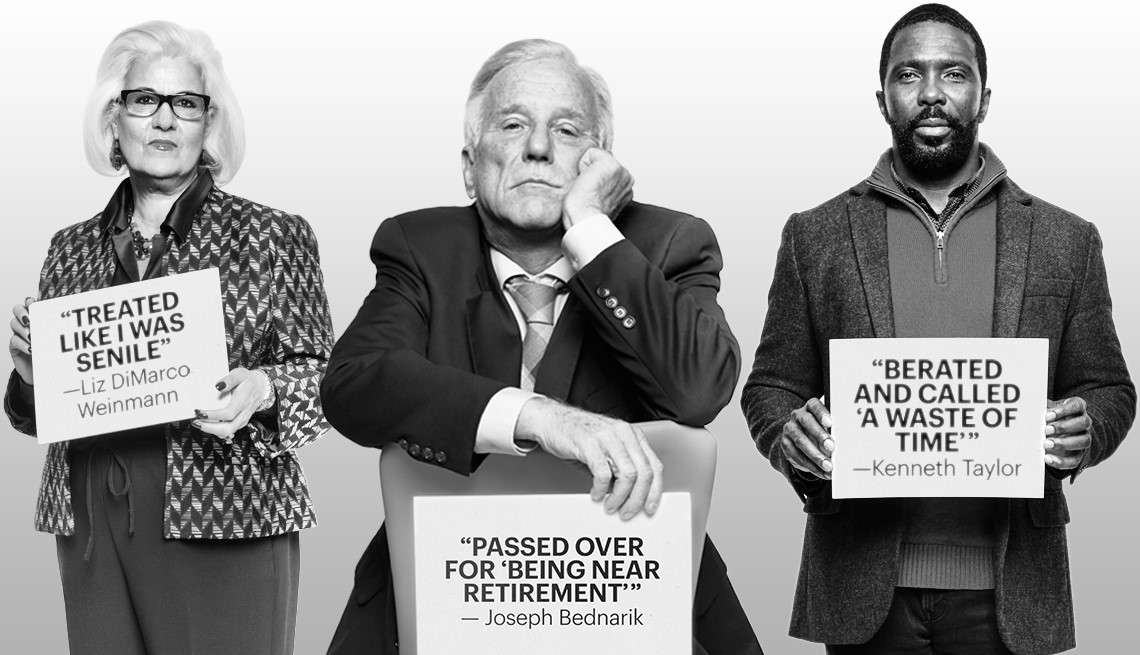Addressing Ageist Attitudes in the Workplace: what the research found

Almost 90% of workers over 55 years of age who were unemployed before Covid believed that their age was a key factor in their inability to secure employment. Pre-Covid, 38% of unemployed people aged between 35 to 54 years believed that they were seen as too old for specific workplaces such as the technology sector. This was one of the key findings in a recent DCU study evaluating ageism and bullying in the workplace.
The findings highlighted that older workers feel discriminated at key important stages of their working lives. This begins as early as the recruitment stage, where employers can discriminate against older prospective employees based on reviewing their CV. Prospective employees believe that discrimination can frequently be based on years of previous work experience. In addition, this discrimination extends to workers in the later part of their working lives where stereotypes of ageing can frequently create a negative attitude towards older employees’ knowledge, capabilities, and skills. For many employees surveyed, this form of discrimination is evidenced particularly in the later years of their working life.
A key factor in ageism and bullying identified by the researchers are issues related to stereotyping as we age. These stereotypes can frequently have a negative impact on older workers, such as general assumptions regarding older workers being unsuitable for acquiring new skills necessary for today’s workplace. Yet the study highlighted that, while some scientific evidence suggests some aspects of intellectual functioning decline to a small extent from 40 years onwards, skills and knowledge learned from an earlier life remain largely intact. The researchers noted that the wealth of experience, knowledge, and skills which older employees acquire over their lifetime compensates for this small loss.
The findings suggest that workplace bullying has a measurable impact on retirement decisions for older workers and results in some choosing to retire earlier than they would have anticipated. This decision then impacts in a negative way on their overall income, health, and well-being post retirement. A key factor in the prevention of ageism and bullying specific to ageing identified through this research was awareness and knowledge of legislation related to discrimination on the grounds of ageing. The promotion of practices which were designed to eliminate ageist workplace bullying were also seen as key.
Reference: workplace, H. (2022). How to deal with ageism and bullying in the workplace. Retrieved 22 July 2022, from https://www.rte.ie/brainstorm/2021/0326/1206269-workplace-ageism-bullying-discrimination/
The European Commission’s support for the production of this website does not constitute an endorsement of the contents, which reflect the views only of the authors, and the Commission cannot be held responsible for any use which may be made of the information contained therein.
Project Number: 2020-1-BG01-KA202-079064
Privacy Policy

